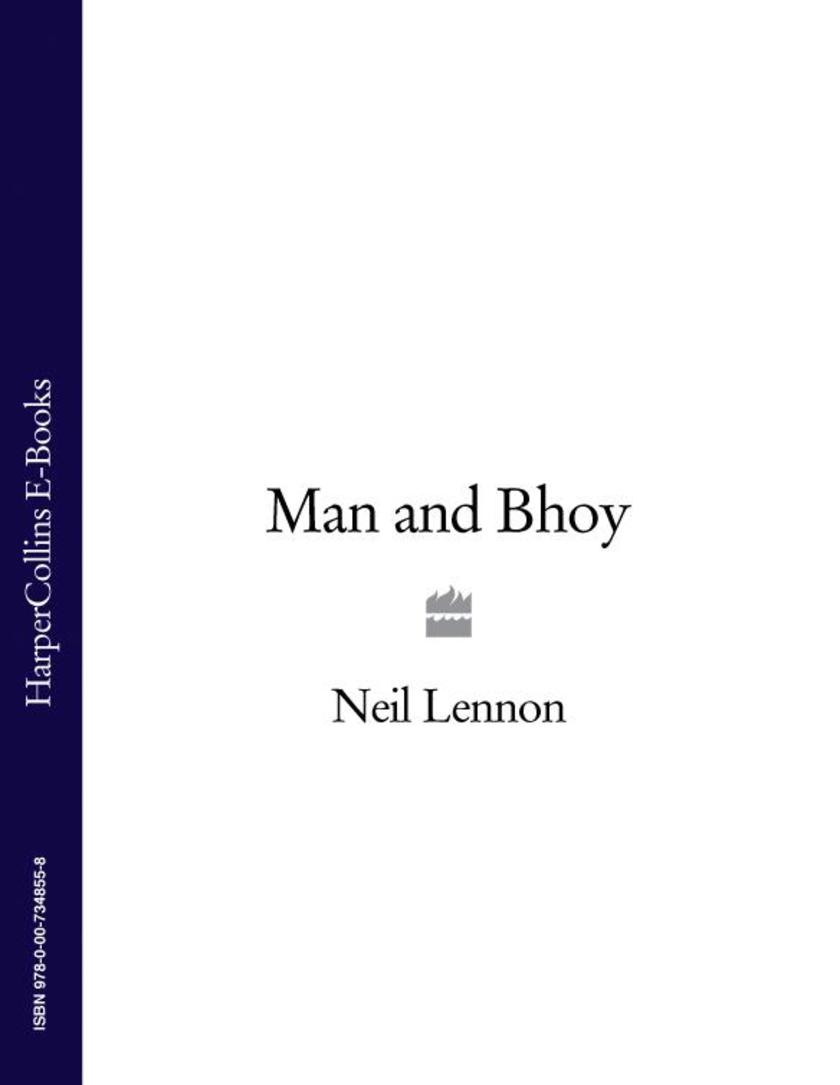
Neil Lennon: Man and Bhoy
¥73.58
Captain of Celtic and midfield enforcer for Northern Ireland, Neil Lennon is one of the most controversial figures in British football. His story is an extraordinary tale of religious bigotry, life-threatening career injury, tumultuous football success at club level, and of the remarkable events that led him to turn his back on his country. The first Northern Irish Roman Catholic to play for Celtic and to be chosen to captain his country, Lennon was sensationally forced to quit the captaincy even before he took the field following death threats by Loyalist paramilitaries. In Northern Ireland, the words ‘Neil Lennon RIP’ were painted on a wall near his family home, while in Scotland, he has been the target of vicious verbal and physical assault by fans of Old Firm rivals Rangers – including being mugged on the street and hung in effigy. Now he will give his side of these stories, revealing in full the terrible consequences of the religious hatred that has tainted his career. Lennon will write of his Leicester years under Martin O’Neill, and how the Midlands club defied bigger rivals by maintaining their Premiership League status and winning two League Cups. He will also tell the inside story of Celtic under O’Neill; how his ?5 million transfer to Parkhead nearly didn’t happen; his wrongful arrest on a club night out; lifting the domestic treble in a glorious first season with Celtic, and the continued revival of the club to the point where they reached the UEFA Cup Final (narrowly losing out to a Jose Mourinho-inspired Porto); and his relationship with current boss Gordon Strachan and the team’s successful season in 2005/06. As he approaches the twilight of his playing career, Lennon has decided the time is right to reveal all about his life on the field – including his horrific spinal injury and his less than happy apprenticeships at Motherwell and Manchester City – as well as his hitherto closely guarded private life, including his battle with depression. It’s a book that will shock football to its core.
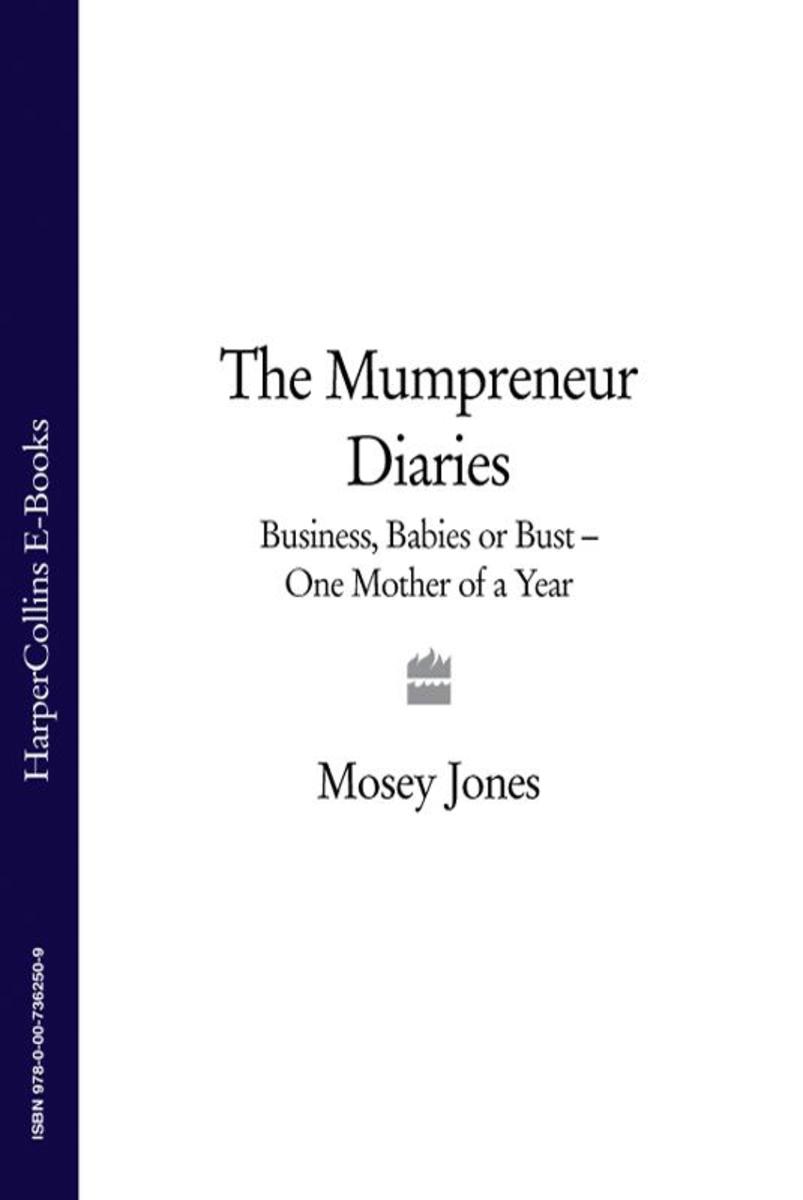
The Mumpreneur Diaries: Business, Babies or Bust - One Mother of a Year
¥72.99
Working from home, no more commuting, flexible hours, spending more time with the kids – it’s what being a Mumpreneur is all about – isn’t it? It was a commute to work whilst heavily pregnant with baby number two that sparked Mosey's 'now or never' decision to get off the 9-5 treadmill. Inhaling lungfuls of deliciously ripe BO from a fat bloke’s armpit somewhere between Regent’s Park and Oxford Circus may have been the tipping point. After the birth of Boy Two, the thought of returning to the office wasn’t appealing to Mosey, but days filled with nappies and Alphabet Spaghetti failed to thrill either. Why not employ herself, Mosey thought. A mum’s concierge business combined with training to be a doula was bound to rake in a profit. Twelve months maternity leave to make it work. How hard could it be? But Mosey and her mumpreneur mates soon discover that sleepless nights, flaky partners, finance crises and marital breakdowns are all par for the course when mixing babies and a business. Boy One won’t eat, Boy Two won’t sleep, business ventures are strangled at birth, the mortgage is rocketing and sole wage-earner husband is on the verge of losing his job. In her own year of living dangerously, will Mosey make the break or reluctantly rejoin the rat race? Mosey’s down-to-earth, wry look at life as a frazzled one-woman business is laugh-out-loud funny and full of warmth. This is a ‘mumoir’ that will inspire, motivate and charm would-be mumpreneurs everywhere.

Johnson on Savage: The Life of Mr Richard Savage by Samuel Johnson
¥88.39
Lives that Never Grow Old Part of a radical new series –edited by Richard Holmes – that recovers the great classical tradition of English biography. Johnson’s book is a biographical masterpiece, still thrilling to read and vividly alive. When he first came to London, young Samuel Johnson was befriended by the flamboyant poet, playwright and blackmailer, Richard Savage. Walking the backstreets at night, he learned Savage’s extraordinary story – supposedly persecuted by a ‘cruel mother’, sentenced to death for a murder in a brothel, appointed Volunteer Poet Laureate to the Queen, and finally broken and outcast. With this moving and intimate account, Johnson created a brilliant black comedy of 18th-century Grub Street which revolutionised English biography by its psychological realism. Yet Savage’s destructive charm and delusions of grandeur sometimes even threatened to entangle Johnson himself.
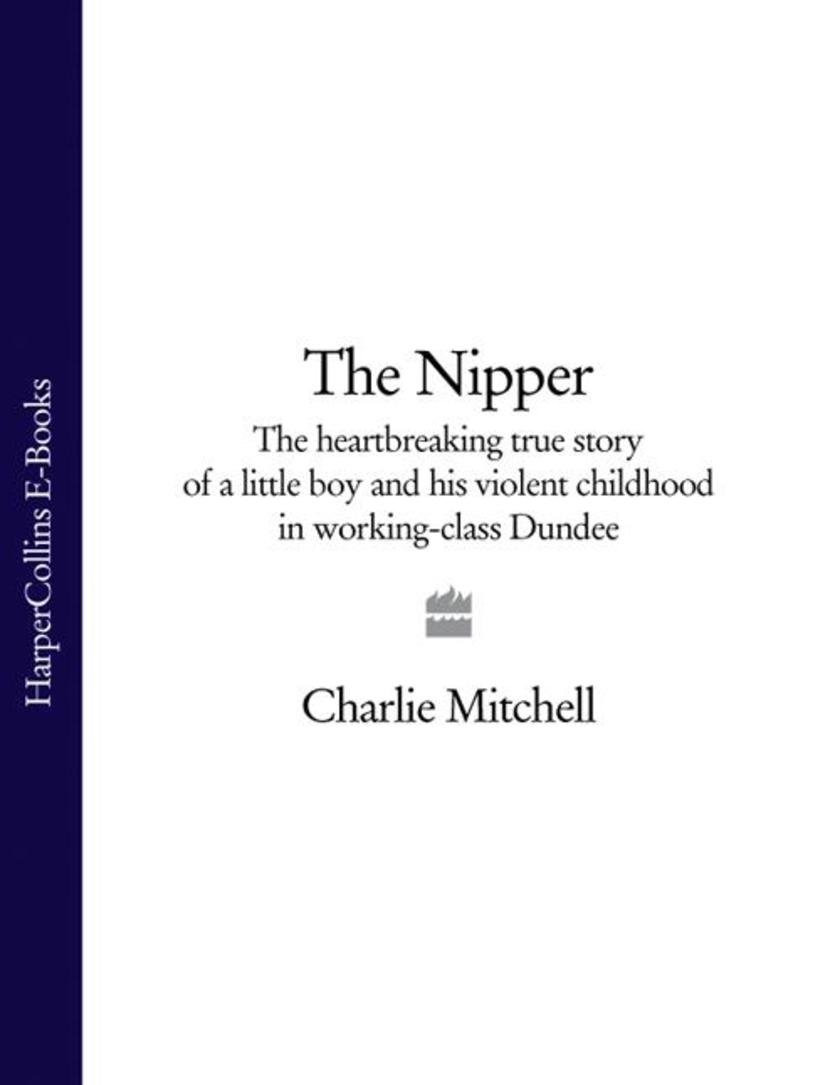
The Nipper
¥63.77
Charlie's earliest memory at two and a half was listening to his dad batter his latest girlfriend in their Scottish tenement flat. Beaten and tortured by a violent alcoholic father in 70s' poverty-stricken Dundee, Charlie's early life was one of poverty and misery, but at least he had his best friend Bonnie a German shepherd puppy to turn to. Charlie lives with Jock, his violent, disturbed, alcoholic father in a Dundee tenement. Money is scarce, and Jock's love of vodka means that Charlie bears the brunt of his abuse. Often too bruised to go to school, Charlie lives in constant fear of Jock's next outburst. Subjected to hours of physical and mental torture, Charlie can only think of killing his dad. The only thing Charlie can rely on is Bonnie, a German Shepherd puppy, brought home to keep Charlie company while Jock goes out on his drinking sessions. But even Bonnie doesn't escape Jock's brutality. Please Don’t Hurt Me, Dad is an evocative portrait of seventies and eighties working-class Dundee, where everyone is on the dole, alcoholism is rife and most people have illegal jobs on the side. Somehow Charlie escaped from the everyday struggle for survival. Bonnie wasn't so lucky. Charlie's way out came in the form of a beautiful young woman who became the love of his life and his saviour.
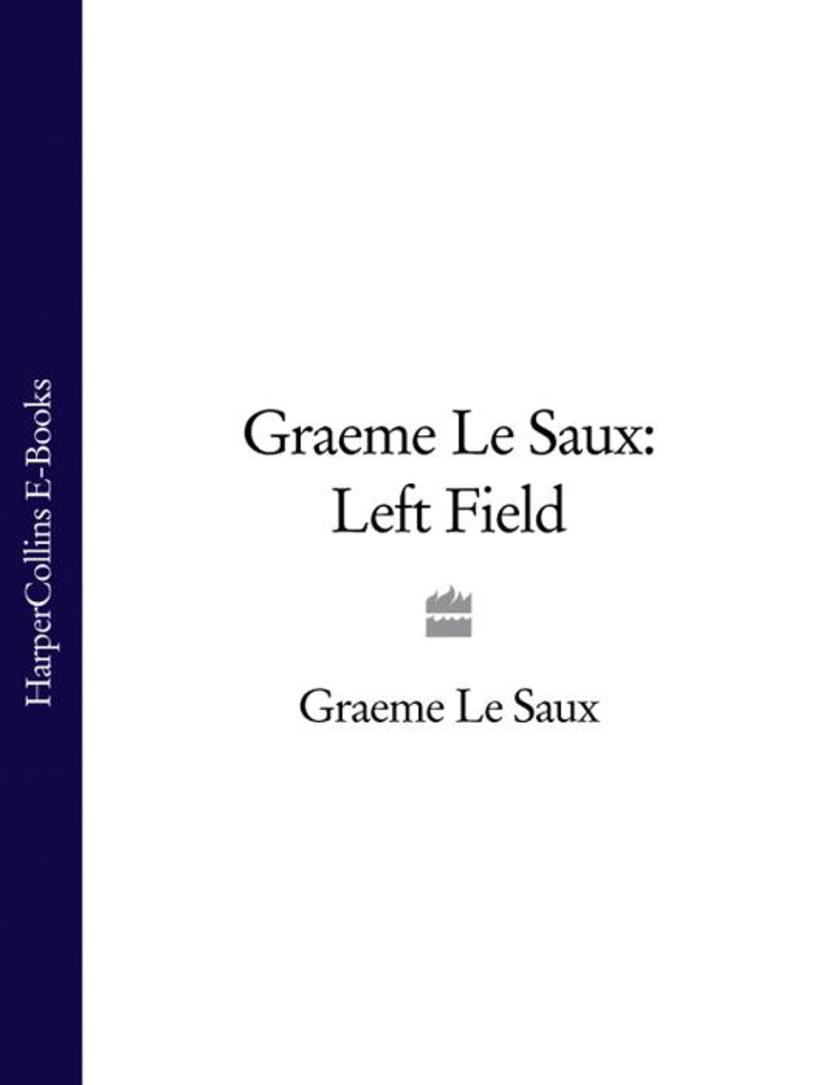
Graeme Le Saux: Left Field
¥69.26
A former Southampton, Blackburn, Chelsea and England full-back, the erudite and engaging Graeme Le Saux is far removed from the archetypal British footballer. His distinctive commentary on all the major issues in football, on the pitch and beyond, promises to challenge everyone's perception of the game in this country. Graeme Le Saux made an outstanding international debut for Terry Venables' new-look England side in a 1-0 win over Denmark at Wembley in March 1994, becoming the first Channel Islander ever to be capped for England. After joining Chelsea direct from Jersey, his career flourished under the guidance of Kenny Dalglish at Blackburn Rovers where they won the Premiership title in 1994-95. Graeme transferred back to Chelsea in 1997 for a record fee of ?5.5 million before joining Southampton in 2003. He retired as a player in 2005. In his book, Le Saux addresses the gay slurs that dogged his career – including the infamous Robbie Fowler exposure – how he was vilified by a minority that labelled him a Guardian reader and too smart for football, and life at Stamford Bridge before Roman Abramovich millions changed the club and the game. His thoughtful manner and views on the modern game (he is now consulted for comment regularly by BBC, ITV, Sky and Channel Five) are expanded upon here, with particular focus on the huge amounts of money in top-flight football, players’ agents and the spiralling debts of countless football clubs. As a player, Le Saux was always seen as different – someone who broke the mould, an individual with his own agenda who sought more to life than playing 90 minutes of football. His insight into the game is informed by those experiences.
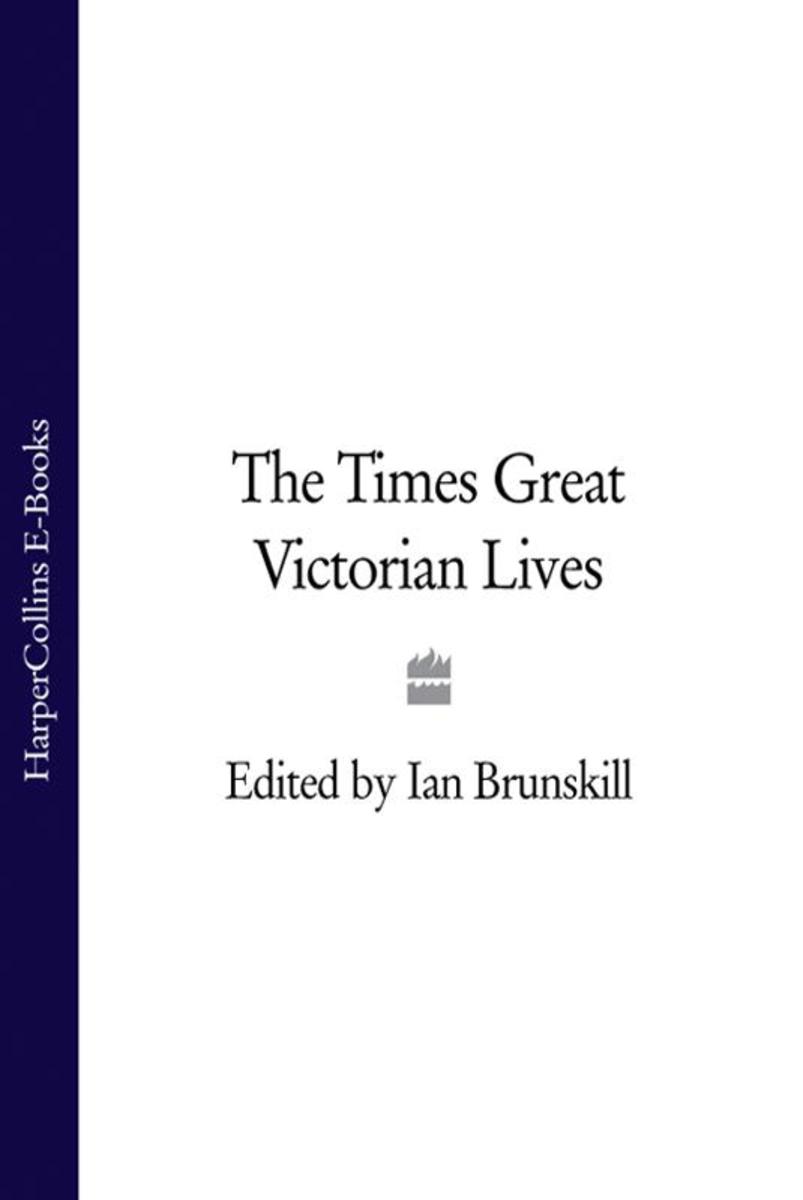
The Times Great Victorian Lives
¥154.12
Obituaries of the most influential Victorians as profiled by The Times, including Dickens, Darwin, Ruskin, Peel, WG Grace and Florence Nightingale. For over 150 years, The Times obituaries have been providing the most respected and perceptive verdicts on the lives of the great and the good. Scientists, social reformers, composers, writers, sportsmen and politicians…Times Great Victorian Lives examines the achievements of eminent Victorians, from Isambard Kingdom Brunel to Charles Darwin, Disraeli to Gladstone and Florence Nightingale to Sarah Bernhardt. Figures have been chosen according to their importance today and are ordered chronologically. The Times Great Victorian Lives gives a fascinating insight into Victorian history, revealing how the Victorian figures we now consider 'great' were seen in their day.

Beautiful Child
¥45.62
From the bestselling author of One Child comes this amazing, true story of a mute and withdrawn seven--year--old girl and the special education teacher determined never to abandon a child in need. Seven-year-old Venus Fox never spoke, never listened, never even acknowledged the presence of another human being in the room with her. Yet an accidental playground "bump" would release a rage frightening to behold. The school year that followed would be one of the most trying, perplexing, and ultimately rewarding of Torey Hayden's career, as she struggled to reach a silent child in obvious pain. It would be a strenuous journey beset by seemingly insurmountable obstacles and darkened by truly terrible revelations--yet encouraged by sometimes small, sometimes dazzling breakthroughs--as a dedicated teacher remained committed to helping a "hopeless" girl, and patiently and lovingly leading her toward the light of a new day.

William Wilberforce: The Life of the Great Anti-Slave Trade Campaigner (Text Onl
¥80.25
William Hague has written the life of William Wilberforce who was both a staunch conservative and a tireless campaigner against the slave trade. Hague shows how Wilberforce, after his agonising conversion to evangelical Christianity, was able to lead a powerful tide of opinion, as MP for Hull, against the slave trade, a process which was to take up to half a century to be fully realised. Indeed, he succeeded in rallying to his cause the support in the Commons Debates of some the finest orators in Parliament, having become one of the most respected speakers of those times. Hague examines twenty three crucial years in British political life during which Wilberforce met characters as varied as Louis XVI and Marie Antoinette, Tsar Alexander of Russia, and the one year old future Queen Victoria who used to play at his feet. He was friend and confidant of Pitt, Spencer Perceval and George Canning. He saw these figures raised up or destroyed in twenty three years of war and revolution. Hague presents us with a man who teemed with contradictions: he took up a long list of humanitarian causes, yet on his home turf would show himself to be a firm supporter of the instincts, interests and conservatism of the Yorkshire freeholders who sent him to Parliament. William Hague's masterful study of this remarkable and pivotal figure in British politics brings to life the great triumphs and shattering disappointments he experienced in his campaign against the slave trade, and shows how immense economic, social and political forces came to join together under the tireless persistence of this unique man. Note that it has not been possible to include the same picture content that appeared in the original print version.
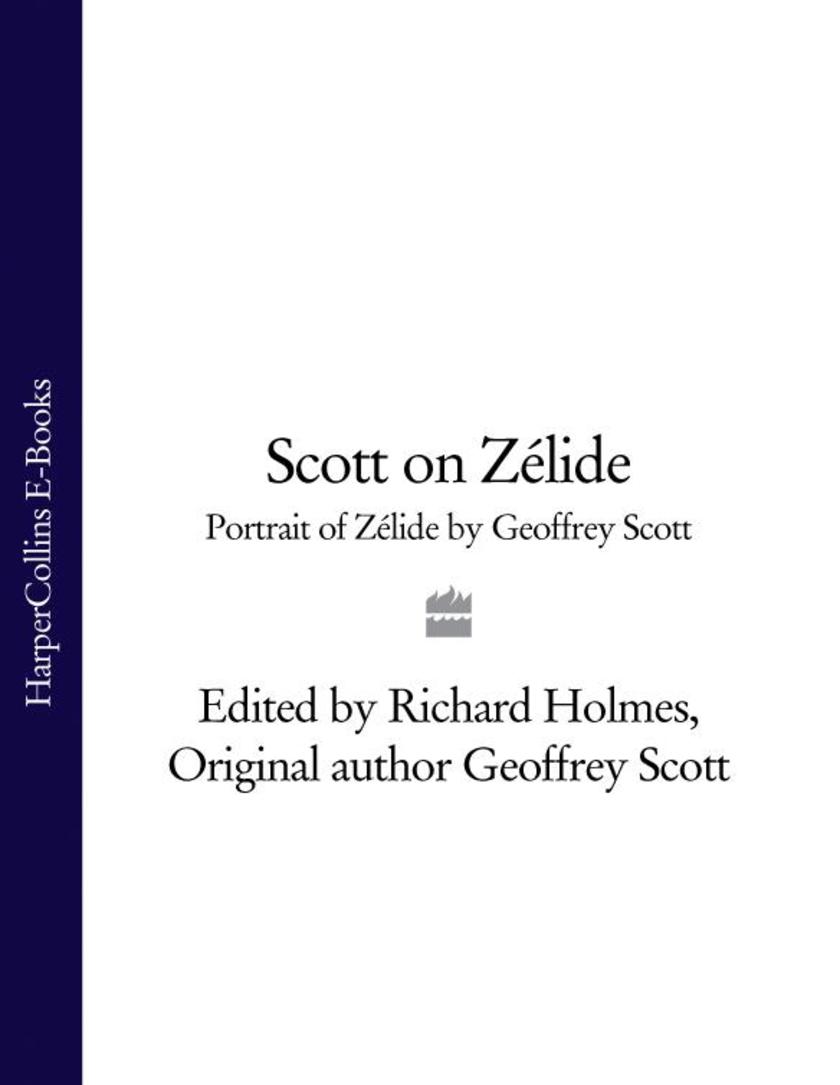
Scott on Zélide: Portrait of Zélide by Geoffrey Scott
¥88.39
‘Lives that Never Grow Old’ is a wonderful series– edited by Richard Holmes – that recovers the great classical tradition of English biography. Every book is a biographical masterpiece, still thrilling to read and vividly alive. Zélide lived in her father’s moated castle in Holland, like a fairytale princess in a tower. She was the clever, sexy, mercurial young Dutch blue-stocking with whom Boswell fell disastrously in love in 1764. The rest of Zélide’s story was unknown until the brilliant young Boswell scholar Geoffrey Scott pieced it together from her intimate letters and essays. Subsequent affairs with a cynical cavalry officer, a celebrated but vacillating writer (aptly named Benjamin Constant), and a thoroughly reliable music master, took her eventually to another fairytale mansion in Switzerland. This tender, funny, faintly salacious portrait of a ‘belle-esprit’ is one of the most exquisite biographical miniatures ever written.
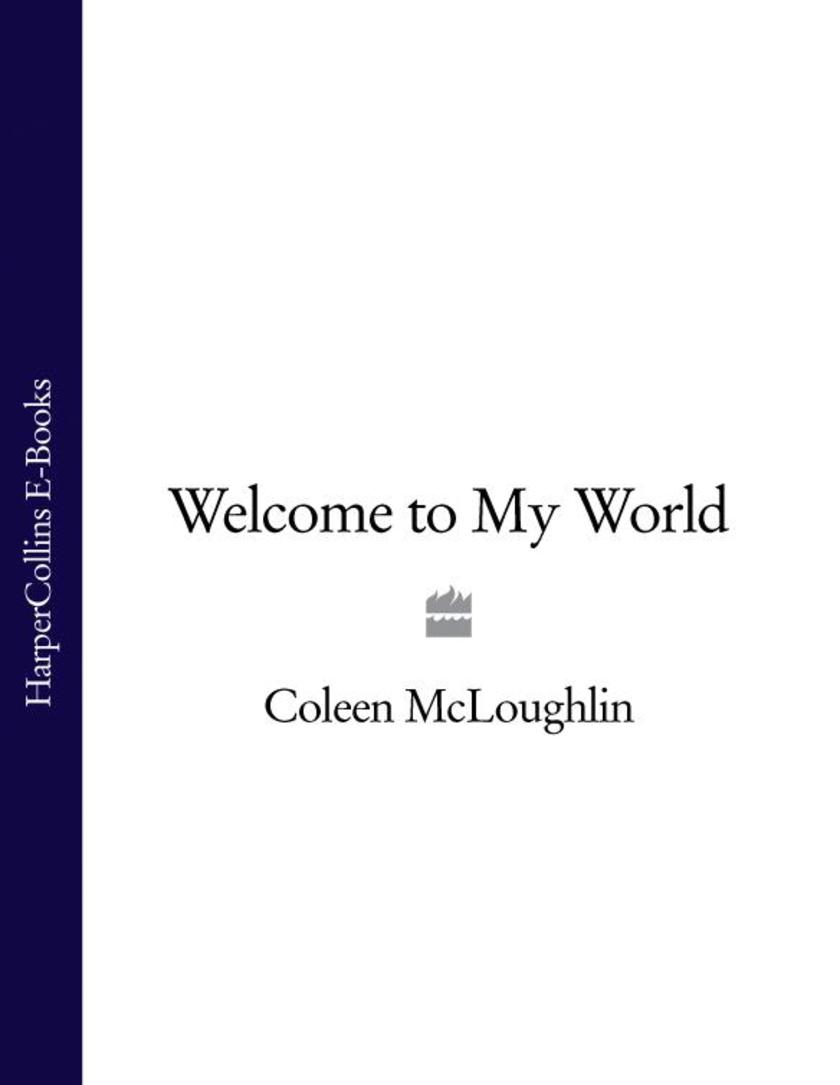
Welcome to My World
¥58.86
One of the most photographed women in Britain, Coleen knows what it's like to live in the celebrity glare. Since she was a teenager the press have followed her every move. Welcome to My World' is Coleen’s first book and offers exclusive insights into her transformation from an ordinary Liverpudlian schoolgirl into a glamorous style icon. Coleen has become a huge inspiration to girls everywhere. We have watched in admiration as she has become sought after for the cover of the world’s fashion and style magazines, featured in Vogue, presented her own TV programme, become a regular magazine columnist and worked as the face of high profile brands. ‘Welcome to My World’ is Coleen's chance to share with her millions of fans the ways in which she has developed her taste in fashion, and the tips she can pass on from her increasingly admired style and her fitness regime. She also gives fascinating insights into what life is really like in the unrelenting celebrity spotlight and amidst the glare of the constant paparrazi flashbulbs. Along with often humorous insights into Coleen's world, the book includes her tips on fashion and style do's and don'ts based on her own experience of growing up in the limelight. It will be an inspiration to anyone interested in fashion, glamour and how one girl coped when she was thrust into the celebrity spotlight and her life changed forever.

The Duchess (Text Only)
¥72.99
A tale of decadence and excess, great houses and wild parties, love and sexual intrigue, this biography of Georgiana, Duchess of Devonshire, casts an astonishing new light on the nobility of eighteenth-century England. Fashionable, extravagant and universally adored, Georgiana Cavendish, Duchess of Devonshire, was one of the most influential women of her day. But her flamboyant public persona hid a multitude of personal troubles: drug addiction, vast gambling debts, an unhappy ménage à trois with her husband and best friend, and a doomed affair with the future prime minister. Like her descendant, Diana, Princess of Wales, Georgiana was a vulnerable woman living the life of an icon. This utterly absorbing biography, recently made into a major film starring Keira Knightley as the Duchess of Devonshire, paints a touching portrait of a misunderstood woman.
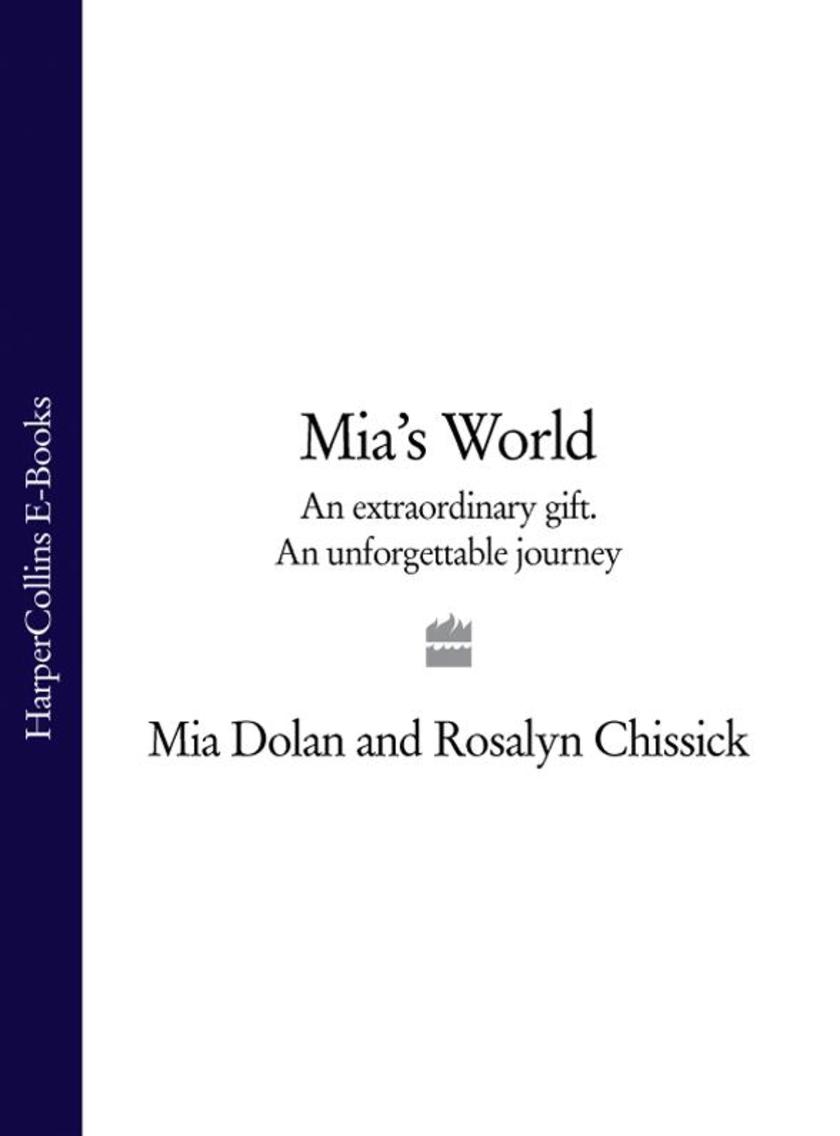
Mia’s World: An Extraordinary Gift. An Unforgettable Journey
¥54.25
In the follow up to the Sunday Times bestseller, The Gift, we are taken on a journey further into the psychic world of Mia Dolan, one of Britain's most gifted psychics. Mia’s World is an amazing psychic adventure which reveals the truth about the spirit world. In Mia’s World, Mia Dolan takes on a student – Roz Chissick, a writer with absolutely no previous psychic training, and teaches her how to tap into her innate psychic gift. The result is an exciting psychic adventure not only for Roz but also for you the reader. Mia reveals more of her fascinating experiences of ghosts, spirits and explains the truth about the darker forces from the other side. We are taken on ghost-busts, to the mystical site of Avalon and astral travels to the home of her spirit guide. Mia reveals how we find happiness in this world and answers profound questions about life, death and psychic phenomena: - What is it like to die? - How can we still communicate with loved ones after death? - Do angels and demons exist? - Is there such a thing as a soul mate? - Is there such a thing as destiny or do we control our own fate? - What happens to our souls after we die? 'I wish there was some way I could share my ability to see things other people can't. We all have a guide, but not everyone can see or hear theirs. I've no idea what opened up the link between Eric and me, but I consider it a gift.' Mia Dolan in Real magazine

Read My Heart
¥81.03
From the bestselling author of ‘Elizabeth and Mary’, the remarkable love story of Dorothy Osborne and Sir William Temple, set against the turbulence and romance of 17th-century England. [Note that the family trees contained in this ebook are best viewed on a tablet.] Sir William Temple (1628-99), handsome and intelligent, son of a staunch Parliamentarian, become a celebrated essayist and diplomat in Charles II’s time. Captivating him from their first meeting, when he was just 20, Dorothy Osborne (1627-1696) was an intellectual romantic from a family of committed Royalists. After a long and at times desperate courtship, in which Dorothy rejected numerous other suitors (including Henry Cromwell, son of the Lord Protector), they married in 1654. Their union had been fiercely opposed by both their families, but they went on to build a passionate marriage that brought personal tragedies and public triumphs and betrayals during the huge political upheavals of the age. Their relationship was intellectually collaborative; both were gifted writers, and possessed of strikingly modern sensibilities. Seventy-seven letters written by Dorothy to William during their long clandestine courtship survive, masterpieces of wit and style, with a conversational intimacy that transports the reader to her side. Both were at the social and political centre of life: confidants of William of Orange and Mary, who were instrumental in promoting their marriage, contemporaries of Pepys, and employers of Jonathan Swift. Drawing upon extensive research and the Temples’ own extraordinary writings, Jane Dunn brings to life their remarkable story, offering a rare perspective on one of the most turbulent periods of British history. In illuminating the personal lives, politics and passions of two endearing and independent-minded people, she brilliantly captures not only the story of a marriage, but the spirit of a dawning modern age.

Just Another Kid: Each was a child no one could reach – until one amazing teache
¥68.67
A dramatic and remarkable narrative of an extraordinary teacher's determination, from the author of the Sunday Times bestsellers ‘The Tiger's Child’ and ‘One Child’. Torey Hayden faced six emotionally troubled kids no other teacher could handle – three recent arrivals from battle-torn Northern Ireland, badly traumatised by the horrors of war; an eleven-year-old boy, who only knew life inside an institution; an excitable girl, aggressive and sexually precocious at the age of eight; and seven-year-old Leslie, perhaps the most hopeless of all, unresponsive and unable to speak. But Torey's most daunting challenge turns out to be Leslie's mother, a stunning young doctor who soon discovers that she needs Torey's love and help just as much as the children. ‘Just Another Kid’ is a beautiful illustration of nurturing concern, not only for a few emotionally disturbed children, but for one woman facing a personal battle.
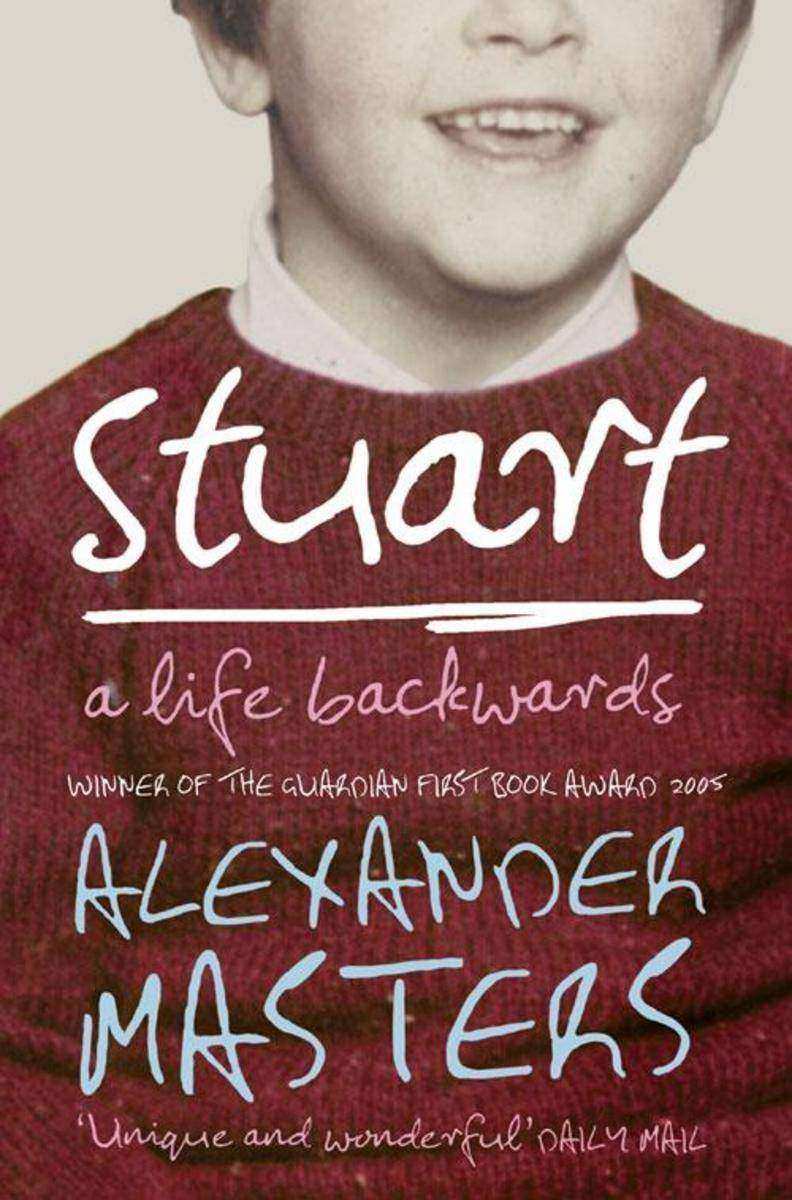
Stuart: A Life Backwards
¥66.22
Stuart does not like the manu*. He's after a bestseller, "like what Tom Clancy writes". "But you are not an assassin trying to frazzle the president with anthrax bombs," I point out. You are an ex-homeless, ex-junkie psychopath, I do not add.' This is the story of a remarkable friendship between a reclusive writer ('a middle-class scum ponce, if you want to be honest about it, Alexander'), and Stuart Shorter, a homeless, knife-wielding thief. Told backwards -- Stuart's idea -- it starts with a deeply troubled thirty-two-year-old and ends with a 'happy-go-lucky little boy' of twelve. This brilliant biography, winner of the Guardian First Book Award, presents a humbling portrait of homeless life, and is as extraordinary and unexpected as the man it describes.

Walter Sickert: A Life (Text Only)
¥82.01
This edition does not include illustrations. The first major life of the outstanding British painter – and Jack the Ripper suspect – Walter Sickert (1860-1942), by the highly acclaimed biographer of Aubrey Beardsley. Walter Richard Sickert is perhaps the outstanding figure of British art during the last hundred years. Many contemporary painters, from Hodgkin and Bacon to Auerbach and Kossof, acknowledge a debt to his influence. His career spanned six decades of unceasing experiment and achievement. As a young artist, he was welcomed and encouraged by Degas. He was the disciple of Whistler and mentor of Beardsley. He founded the London Impressionists and the Camden Town Group. He was taken up by both the Woolfs and the Sitwells. He gave painting lessons to Winston Churchill. His energy was prodigious and his personality fascinating: he was also an illustrator, cartoonist, writer, polemicist, teacher and wit. He relished controversy: his early paintings of London music halls and his late works, based on 18th-century etchings and contemporary news photographs, provoked outraged criticism from conventional commentators. Sturgis also devotes an appendix to charting in detail Sickert's posthumous life as a player in the 'Jack the Ripper' circus, assessing (and demolishing) the arguments of Patricia Cornwell and others in the light of his own discoveries.
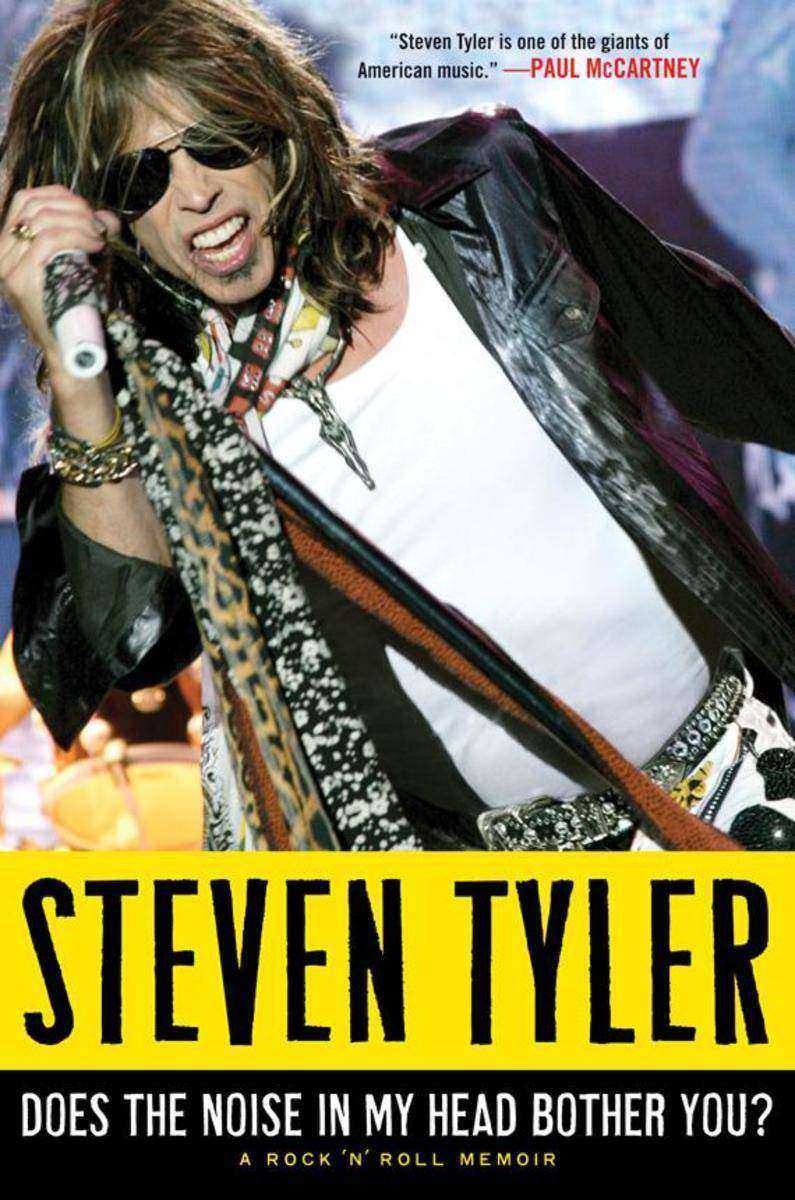
Does the Noise in My Head Bother You?: The Autobiography
¥37.77
The long-awaited, never-before-told, no-holds-barred memoir from the legendary Aerosmith frontman. Finally, all the lurid tales of debauchery, sex, drugs and rock n' roll are told straight from the horse's lips as The Demon of Screamin' describes his unimaginable highs and unbelievable lows as lead singer of the biggest rock band in the world. Prolific frontman, rock icon and sex symbol, Steven Tyler is a living legend. With his raw, sharp-edged vocals, musical versatility and unprecedented song writing skills, Tyler has, as lead singer of Aerosmith, sold millions of records and played sell-out concerts to as many as 450,000 people. Now, at last, he tells his own story, taking us on a wild rollercoaster ride through the bust-ups, binges, orgies and good old American excess in the jaw-droppingly honest, in-your-face way that only Tyler can. Following a fateful meeting with his 'mutant twin' Joe Perry in the summer of 1970, Aerosmith was formed…and the rest, as they say, is rock history. They released their first album in 1973, and by 1976 Aerosmith had gone from being nobodies to massive to off the radar, making history as a multi-platinum, chart-topping band. But with great success comes great excess. Nicknamed the Toxic Twins for their insatiable appetite for drugs, booze and women, Tyler and Perry got caught up in the glamour of self-destruction - smashing each other up with guitars, having seizures and passing out on stage. By 1980 it seemed that the band and its members were set to implode, but after successful stints in drug rehab, Aerosmith were back on track and better than ever. But although he may have given up his wicked, wicked ways, Tyler still enjoys talking about the bad old days. He has so many outrageous stories to tell, and he's gonna tell them all. All the uncensored, head-spinning tales of debauchery, sex, booze, transcendence and chemical dependence you will ever want to hear. As raucous, intoxicating and edgy as his music, this is the most outrageous rock n' roll autobiography of all time.

Bill Hicks: Agent of Evolution
¥80.25
Written by Bill Hick's lifelong friend, producer, and co-creator, Kevin Booth offers the inside story into the man who was only along for the ride for a tragically short time, yet left an indelible mark on comedy enthusiasts and freethinkers everywhere. Bill Hicks: Agent of Evolution offers a rare fly-on-the-wall insight into the life of one of Britain's most loved US comedians. Adored in the UK for his unique style of savage, hilarious comedy, the one person who knew him inside and out tells of a man whose life was just as impassioned and off-the-wall as his comedy. Even back at High School, in Houston, Texas, Kevin was Bill's co-conspirator, as they sneaked out of Bill's strict Baptist home at night, and headed for the Comedy Workshop, where at the age of fourteen, Bill was going down a storm. They virtually shared every experience – from magic mushrooms to girls, but it was their music and their vision of comedy, which bound them so closely together. Kevin produced, engineered and performed on many of Bill's recordings, and it is largely due to him, that so much of Bill's comedy is readily available on CD and video. Michael Bertin, a hugely talented author from Austin, Texas, is co-writing Kevin's fly-on-the-wall biography of Bill Hicks.

Out of the Frying Pan: Scenes from My Life
¥68.67
Keith Floyd’s exuberant personality, as much as his cooking skills, has made him a favourite both as bestselling author and as television presenter. But here, for the first time, he tells his own story – and it is full of surprises. The stories from his childhood in Somerset are vivid and moving: his grandfather with his tin leg, his mother at the mills, and his uncle, the ferret keeper, and the black sheep of the family for ‘carrying on’ with married women. Keith Floyd spent a short spell on a local newspaper, and then, in a hilarious episode, joined the army. After he and the Ministry of Defence decided that they did not suit each other, he took his first cooking job as an assistant vegetable cook in a Bristol hotel. The great period of bistros and cafes had dawned and Keith Floyd was in the forefront, cooking in an open kitchen, with Pink Floyd blaring from the speakers. What is wonderful about this book is the vividness of the scenes he paints and the deftness with which he draws the characters – including his several wives. Those who have admired Keith Floyd’s way with a whisk will now be impressed to discover and enjoy his remarkable skill with words.
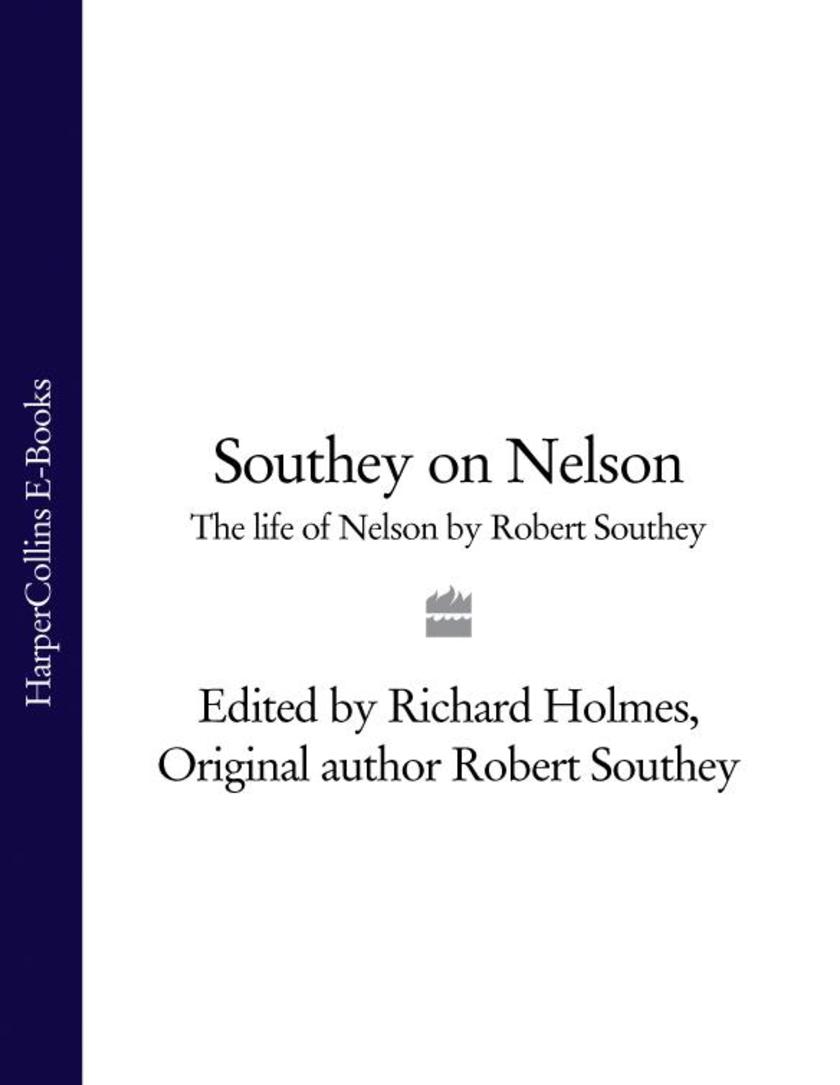
Southey on Nelson: The Life of Nelson by Robert Southey
¥72.99
LIVES THAT NEVER GROW OLD A radical new series – edited by Richard Holmes – that recovers the great classical tradition of English biography. Every book is a biographical masterpiece, still thrilling to read and vividly alive. This short, brilliant, action-packed biography appeared only eight years after Nelson’s death at the Battle of Trafalgar (a scene unforgettably described). It helped transform Nelson into the most popular wartime hero that Britain has ever placed on top of a column. It first gave currency to the proverbial stories of his courage and exhibitionism, from the ‘blind eye’ at Copenhagen, to ‘Kiss me, Hardy’ and the scandal of ‘Beloved Emma’ at Naples. It was written by the romantic poet and historian Robert Southey, a one-time radical who was converted to patriotism by Nelson’s shining (though not ‘untarnished’) example.
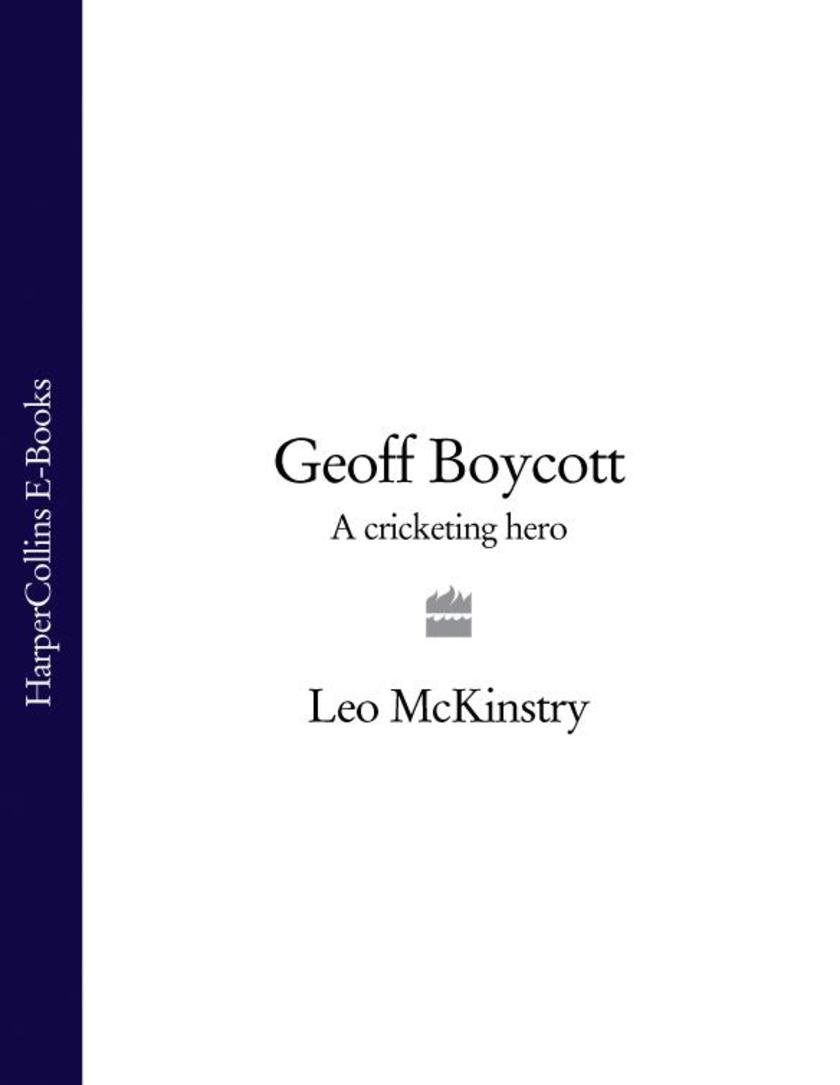
Geoff Boycott: A Cricketing Hero
¥63.18
Few modern British sportsmen have fascinated the public more than Geoff Boycott. In this first comprehensive and balanced account of Boycott’s life – fully updated to include his battle against cancer – award-winning author Leo McKinstry lifts the lid on one of cricket’s great enigmatic characters. A record-breaking Test cricketer and acerbic commentator, Geoff Boycott has never been far away from controversy during his long career in the game. Based on meticulous research and interviews with a host of players, Test captains, officials, broadcasters, friends and enemies, this definitive biography cuts through the Boycott myth to expose the truth about this charismatic, single-minded and often exasperating personality. What was Boycott like as a schoolboy? How did his England cricket colleagues such as Graham Gooch, Dennis Amiss and Brian Close feel about him as a person? Why was he so unpopular in his early career for Yorkshire? And what is the real truth about the relationships that soured his private world? From his upbringing as a miner’s son in a Yorkshire village, through highlights like his hundredth century at Headingley against Australia, to the low points such as the damaging court case in France, this warts-and-all account of his life makes for captivating reading.




 购物车
购物车 个人中心
个人中心



